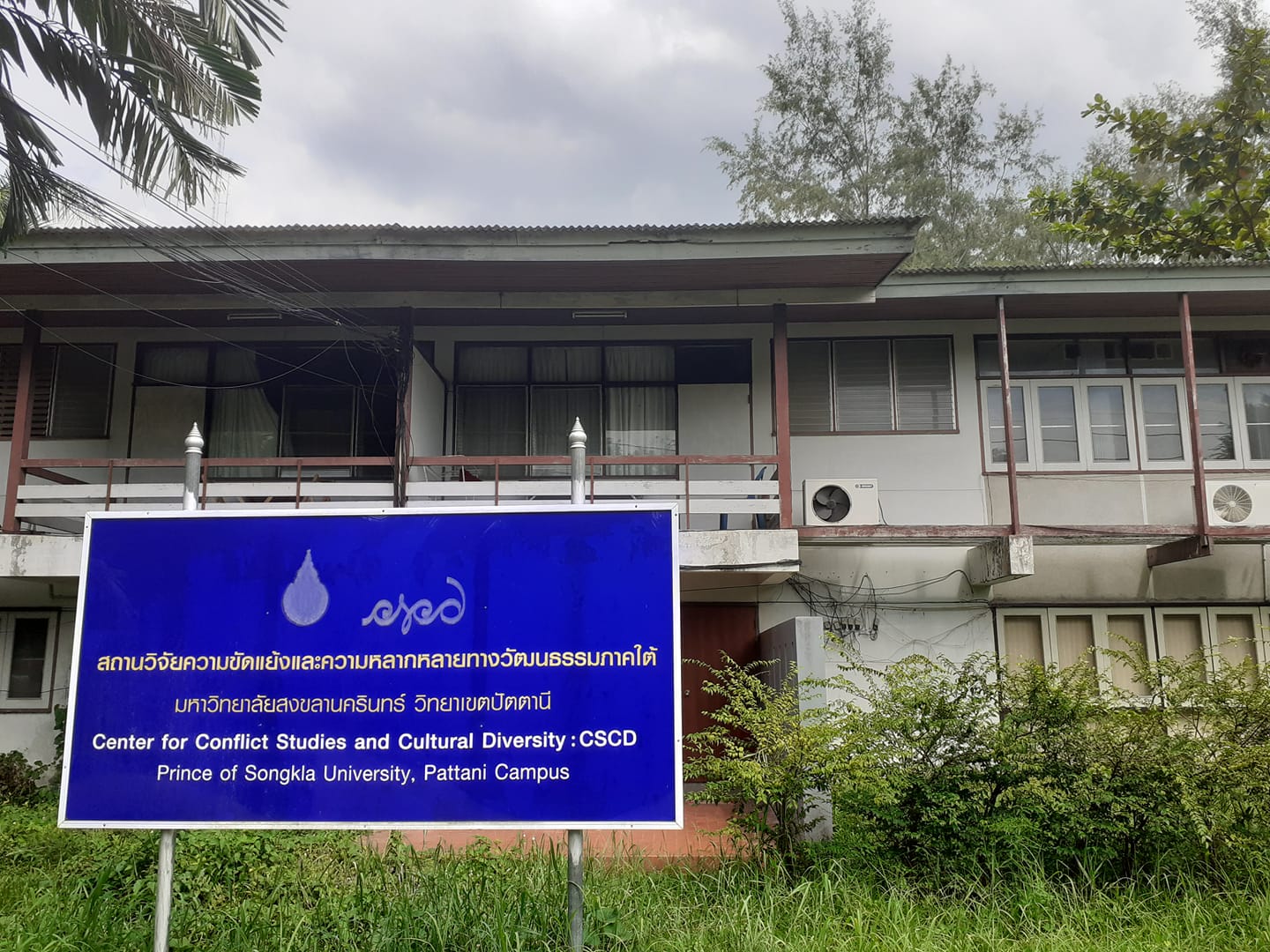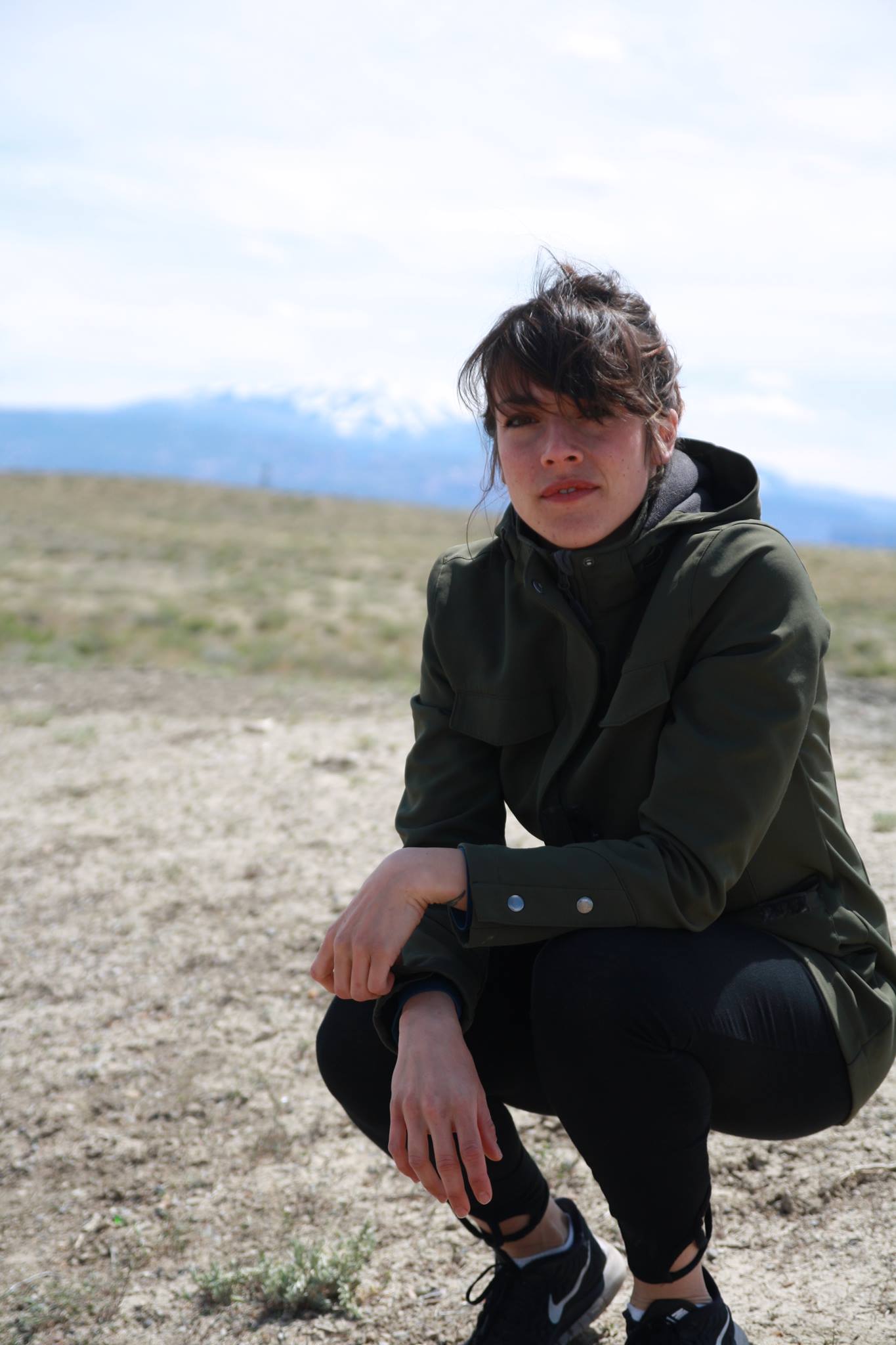Dr Margerita Belgioioso will research Rebel Tactics, Local Public Support and the Upcoming Phase of the Peace Talks in Southern Thailand
Dr. Margherita Belgioioso has been awarded the HFG Distinguished Scholar Award to study how rebel tactics affect local public support for rebels and their leaders, advancing the growing experimental knowledge on the effect of rebel tactical choice on public opinions and to provide stakeholders in the peace dialogue in southern Thailand with systematic evidence to infer the levels of legitimacy that different rebel groups involved in the civil war have with the local population.
‘The local legitimacy that rebel groups enjoy is difficult to observe directly in contested areas. Existing literature on rebel financing, rebels’ governance, and tactical choice of dissent assume that rebels’ local legitimacy depends on rebels’ use of violent and/or non-violent tactics.’ Beligioso explained ‘However, empirical work testing directly this mechanism remains limited. Systematic knowledge on how the local support of the population in contested areas varies depending on the tactics used by rebels can inform how to shape stable peace talks and effective negotiations. Existing empirical work shows that rebels with a wider base of support are associated with more stable peace agreements since they possess a more coherent organisational structure able to deter potential spoilers.’
The peace talks in Southern Thailand might benefit from scientific knowledge on this topic: rebels’ divisions and capacity constraints to control the ground pose a major challenge to the current peace dialogue. Last May, the Thai government and Muslim rebels National Revolutionary Front Coordinate resumed discussions, bringing the inclusivity of the peace process to the table. The peace process would benefit from including only rebels that can be deemed as credible bargaining partners to avoid failures in the negotiations. However, the Thai government is ill-prepared to diagnose the level of local legitimacy of rebels and rebels have incentives to misrepresent this information to get a better outcome.
This project aims 1) to provide negotiators with systematic evidence to infer the levels of legitimacy that different rebel groups involved in the civil war have with the local population and 2) to advance the growing experimental knowledge on the effect of rebels’ tactical choices on public opinions.
‘I will provide a hard test on how different violent and non-violent tactics used by rebels affect the support of the locals to the rebels and their leadership. I will carry out two survey experiments in the conflict-affected provinces of Thailand in collaboration with a local survey provider (Deep South Watch). I will map the response of the local public opinion to specific tactics, providing survey respondents with randomised informational text varying the tactics used by rebels and then comparing how much support locals profess for rebels and their leaders.’
‘I test the expectation that non-violent tactics increase the local legitimacy of rebel groups by examining four discrete nonviolent tactics. I will also test whether the use of violent tactics against soft targets actually decreases local public support, as several rationalist studies assume. Finally, I will test the effect of the use of internal “democratic” processes, arguing that rebels’ use of elections to designate leaders increases the local legitimacy of the group.’
The project focuses on the conflict-affected areas of southern Thailand. Last May, the Thai government and Muslim rebels, the National Revolutionary Front Coordinate (BRN), resumed discussions, bringing the inclusivity of the peace process to the fore. BRN is currently the only interlocutor of the Thai government in the peace talks, but several other rebel groups are actively involved in the conflict. Among others, the most prominent rebel organizations are: Pemuda, a separatist youth movement, Patani Islamic Mujahidin Group, established by Afghanistan veterans and committed to an independent Islamic state, and New PULO, fighting for an independent state.
The insurgency in southern Thailand emerged in 1948 as an ethnic and religious conflict in the Malay Patani region. Southern Patani, Yala, Narathiwat, and Songkhla provinces have a large Malay-Muslim community – Patani -, the largest official minority group in Thailand with about 1.5 million people. The reasons for the onset of the most recent wave of violence, in 2004, lie in grievances stemming from discrimination against the Malay Muslim population and attempts at forced assimilation by the Thai Buddhist government rather than in poverty. Since 2004, according to the monitoring and peacebuilding organization Deep South Watch, over 7,000 people were killed and 13,000 injured.
Rebel group divisions and capacity constraints to control the ground pose a major challenge to the current round of peace talks. There is an urgent need to strengthen legitimate representation in peace talks, as BRN delegates often lack authentic ties to Patani communities or other opposition movements. However, the Thai government is unable to diagnose the extent that rebel groups enjoy local support. In fact, the Thai government relies on weak intelligence, faces problems related to the frequent rotation of senior political and security personnel, and cannot control military forces in the region. Additionally, rebels have incentives to misrepresent their local support to get a better outcome.
This study will provide a hard test on the extent to which the support of the local population for rebel groups and their leaders varies depending on violent and non-violent tactics commonly used by rebels in southern Thailand. The findings of this study can inform stakeholders’ ex-ante assessment of the ability of rebel groups involved in the civil war to credibly commit to stable peace talks and to enforce the terms of a future peace agreement. This is because rebels with a wider popular base of support tend to possess a more coherent organizational structure able to deter other groups from spoiling negotiations decreasing the risk of conflict recurrence. Therefore, the results of this study represent a timely contribution to building a sustainable resolution to the ongoing conflict in the deep south of Thailand.
‘I met my collaborators, Dr. Jitpiromsri and Dr. Kooyai during fieldwork in the conflict-affected areas of Southern Thailand where they run an internationally known monitoring and peacebuilding organisation associated with the Center of Conflict Studies and Cultural Diversity at the local Prince of Songkla University: Deep South Watch (DSW). DSW has carried out six waves of public opinion surveys on the peace process in the conflict-affected regions on behalf of a consortium of 15 universities and peacebuilding organisations called the Peace Survey Network. The existing expertise of DSW in the specific topic and operational areas makes it the ideal partner.’
Read more about this years Harry Frank Guggenheim Foundation awards here.


